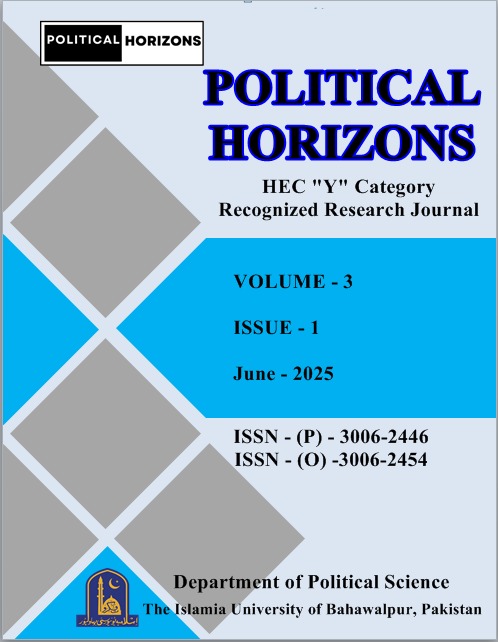The Gwadar Conundrum: Navigating the Concerns and Prospects of China's Presence
Abstract
The Indian Ocean region has emerged as a critical geopolitical hub in the 21st century, driven by global transformations and shifting security paradigms that necessitate enhanced maritime capabilities among regional stakeholders. China's investment in Gwadar, Pakistan, has cemented its all-weather friendship, amidst geopolitical rivalries and regional challenges. Gwadar's strategic location at the mouth of the Arabian Sea and the Persian Gulf makes it a critical node for energy corridors and economic hubs. However, this development project faces opposition from regional and global actors, including the US and India, who harbour concerns about China's growing influence and potential security threats. Baloch leaders also express reservations, fearing marginalization and environmental degradation. Despite these challenges, the project presents opportunities for enhanced economic cooperation between South and Central Asia, thereby bolstering Pakistan's economy and supporting China's Belt and Road Initiative (BRI). This paper will examine the implications of China's presence in Gwadar, exploring the geopolitical dynamics, regional security concerns, and economic potential, to provide insights into the future of Pakistan-China relations and regional developments. The study has applied the exploratory, qualitative, and analytical research methodology.
Keywords: China, Gwadar, BRI, US, India.

Downloads
Published
How to Cite
Issue
Section
License
Copyright (c) 2025 Mubashra Shaheen

This work is licensed under a Creative Commons Attribution-NonCommercial 4.0 International License.




